Britain & Ireland 1509-1745
In this section you will find articles to help you unpick the truths from the myths of the Tudor period, examine how Cromwell took the country to war and explore how some the most important political thinkers began to shape the modern world. There is also guidance for teaching some of the information collected here to pupils and different age ranges.
Sort by:
Date (Newest first) | Title A-Z
Show:
All |
Articles |
Podcasts |
Multipage Articles
-

Cunning Plan 151: When and for whom has 1688 been 'Glorious'?
ArticleClick to view -

Polychronicon 151: Interpreting the Revolution of 1688
ArticleClick to view -

Triumphs Show 150.1: meeting the challenges of the A2 synoptic unit
ArticleClick to view -

Central and Local Government in Scotland Since 1707
ArticleClick to view -

Bristol and America 1480-1631
ArticleClick to view -
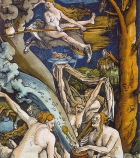
Polychronicon 147: Witchcraft, history and children
ArticleClick to view -
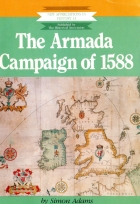
The Armada Campaign of 1588
ArticleClick to view -
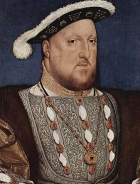
Henry VIII
ArticleClick to view -

Oliver Cromwell 1658-1958
ArticleClick to view -
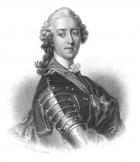
Bonnie Prince Charlie: The escape of the Prince in 1746
ArticleClick to view -
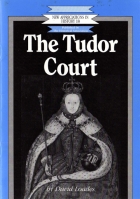
The Tudor Court
ArticleClick to view -

King Charles II
ArticleClick to view -
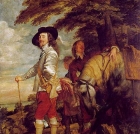
King Charles I
ArticleClick to view -
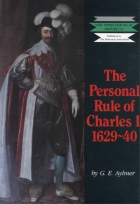
The Personal Rule of Charles I 1629-40
ArticleClick to view -

Occult and Witches
ArticleClick to view -
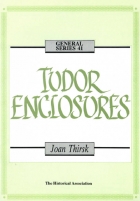
Tudor Enclosures
ArticleClick to view -
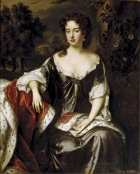
Limited Monarchy in Great Britain in the Eighteenth Century
ArticleClick to view -
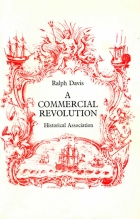
A Commercial Revolution
ArticleClick to view -
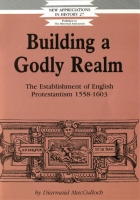
The Establishment of English Protestantism 1558-1608
ArticleClick to view -
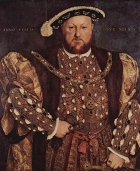
Faction in Tudor England
ArticleClick to view

